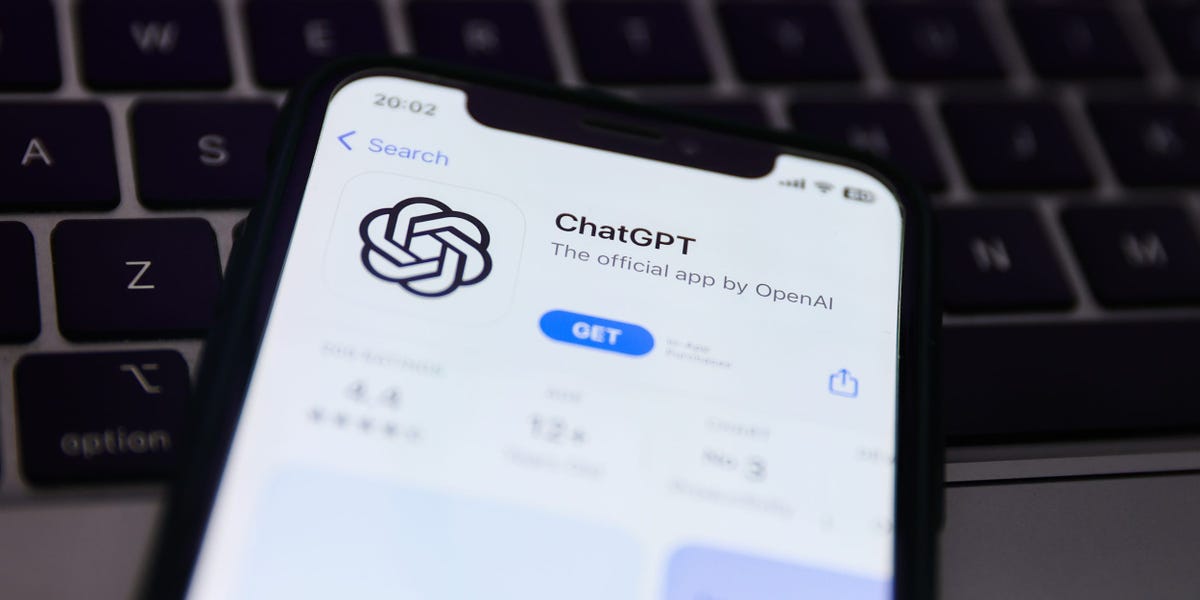ChatGPT generates cancer treatment plans that are full of errors — Study finds that ChatGPT provided false information when asked to design cancer treatment plans::Researchers at Brigham and Women’s Hospital found that cancer treatment plans generated by OpenAI’s revolutionary chatbot were full of errors.



while I agree it has become more of a common knowledge that they’re unreliable, this can add on to the myriad of examples for corporations, big organizations and government to abstain from using them, or at least be informed about these various cases with their nuances to know how to integrate them.
Why? I think partly because many of these organizations are racing to adopt them, for cost-cutting purposes, to chase the hype, or too slow to regulate them, … and there are/could still be very good uses that justify it in the first place.
I don’t think it’s good enough to have a blanket conception to not trust them completely. I think we need multiple examples of the good, the bad and the questionable in different domains to inform the people in charge, the people using them, and the people who might be affected by their use.
Kinda like the recent event at DefCon trying to exploit LLMs, it’s not enough we have some intuition about their harms, the people at the event aim to demonstrate the extremes of such harms AFAIK. These efforts can help inform developers/researchers to mitigate them, as well as showing concretely to anyone trying to adopt them how harmful they could be.
Regulators also need these examples in specific domains so they may be informed on how to create policies on them, sometimes building or modifying already existing policies of such domains.
This is true and well-stated. Mainly what I wish people would understand is there are current appropriate uses, like ‘rewrite my marketing email’, but generating information that could result in great harm if inaccurate is an inappropriate use. It’s all about the specific model, though - if you had a ChatGPT system trained extensively on medical information, it would result in greater accuracy, but still the information would need expert human review before any decision were made. Mainly I wish the media had been more responsible and accurate in portraying these systems to the public.
On the other hand, I actually think we should, as a rule, not trust the output of an LLM.
They’re great for generative purposes, but I don’t think there’s a single valid case where the accuracy of their response should be outright trusted. Any information you get from an AI model should be validated outright.
There are many cases where a simple once-over from a human is good enough, but any time it tells you something you didn’t already know you should not trust it and, if you want to rely on that information, you should validate that it’s accurate.